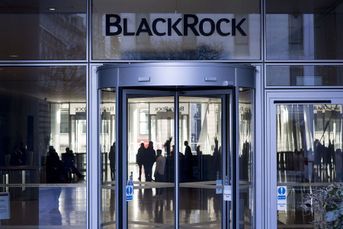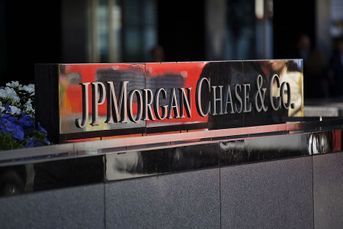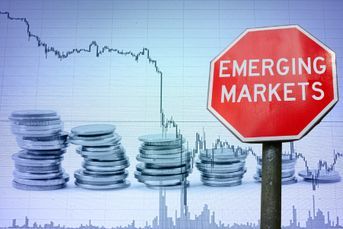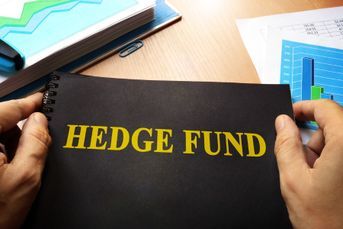Why Schwab’s CEO bets you won’t be trading stocks on Amazon
Entering the financial services space means inviting 'the Federal Reserve into every single thing you do,' Bettinger says.
Walt Bettinger, the CEO at Charles Schwab Corp., has some friendly advice for Amazon.com Inc.’s Jeff Bezos: Think twice before getting into the investment business.
“If you’re a FAANG-type company and you decide you want to come into our space in a manner consistent with the way we operate, you will invite the Federal Reserve into every single thing you do,” Mr. Bettinger said in an interview with Bloomberg Television in San Francisco. “It’s a wide moat and a big decision to make.”
The matter may not be academic. While none of the so-called FAANGs — Facebook Inc., Amazon, Apple Inc., Netflix Inc. and Google — has encroached on finance in a serious way, several have entered or experimented with mobile payments and consumer credit. The widespread expectation is banking, money management or some form of investment advice is the inevitable next step.
Analysts have been quizzing Mr. Bettinger and his management team: What if? At Schwab’s annual investor meeting in February, one of those executives called it “the most interesting topic on everyone’s mind” and said, “Other than Bitcoin, this is what people talk about.”
Efficient Scale
That’s not to say competing would be easy. San Francisco-based Schwab offers everything from exchange-traded funds to bank accounts to $4.95 online stock trades, and it runs a so-called robo-adviser that uses software to customize investment portfolios at a fraction of the traditional cost.
The company says its $3.3 trillion in client assets allows it to fend off would-be disruptors and manage costs more efficiently than rivals such as TD Ameritrade Holding Corp., ETrade Financial Corp., Bank of America Corp.’s Merrill Lynch or Morgan Stanley.
For now, most of the speculation revolves around Amazon. The company already has a credit card for consumers, the Amazon Prime Rewards Visa. It also has held talks with banks including JPMorgan Chase & Co. about at least two additional types of financial products: a co-branded card for small-business owners and online accounts for millennials.
In a report last month, Bain & Co. predicted that by partnering with a bank and employing the same low-margin strategy it used to gain market share in e-commerce, Amazon could build financial relationships with 70 million customers — as many as Wells Fargo & Co. — in just five years.
‘Established Brands’
“Large technology firms already have established brands and access to customers, both of which provide a massive distribution advantage,” Bain partners Gerard du Toit and Aaron Cheris said in the report.
While bank partnerships may help companies like Amazon expand into finance without the burden of Fed oversight, getting into the investing business may require a more direct approach. Some analysts have speculated that one of the FAANGs might buy ETrade.
That’s why Mr. Bettinger has a second piece of friendly advice:
“In our business the markets don’t just go up; markets go down too,” he said in the Bloomberg TV interview. “If you have an exceptionally successful business model and you’re one of the FAANGs, do you want to move into a business where 40% of the time you’re going to disappoint your clients?”
Learn more about reprints and licensing for this article.








